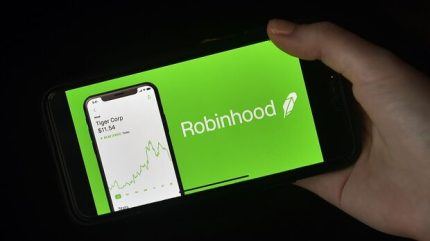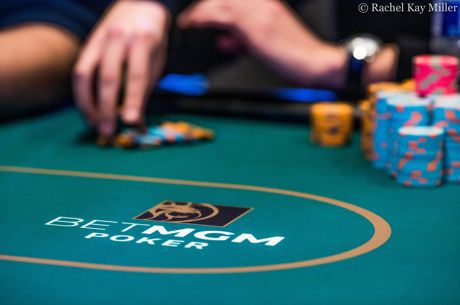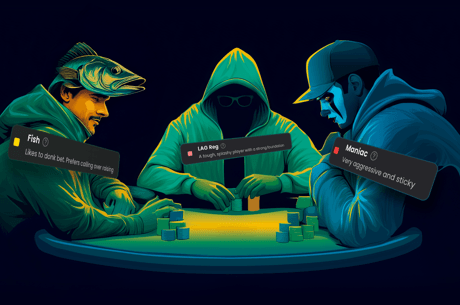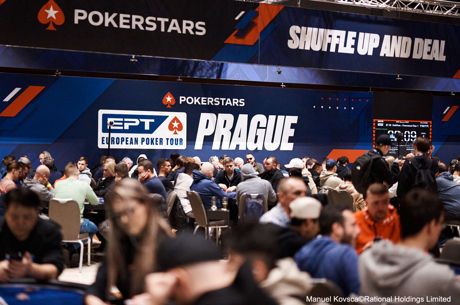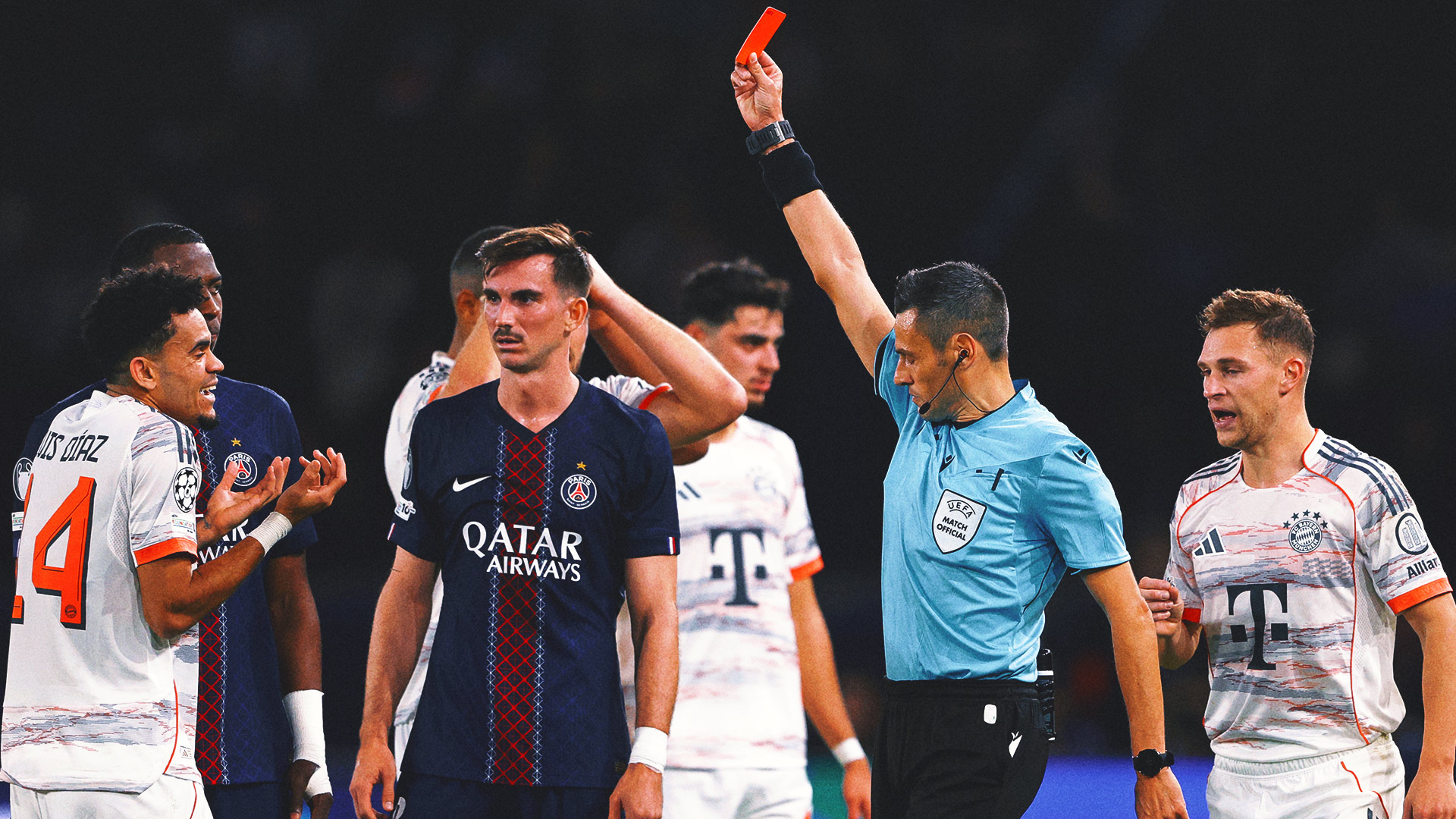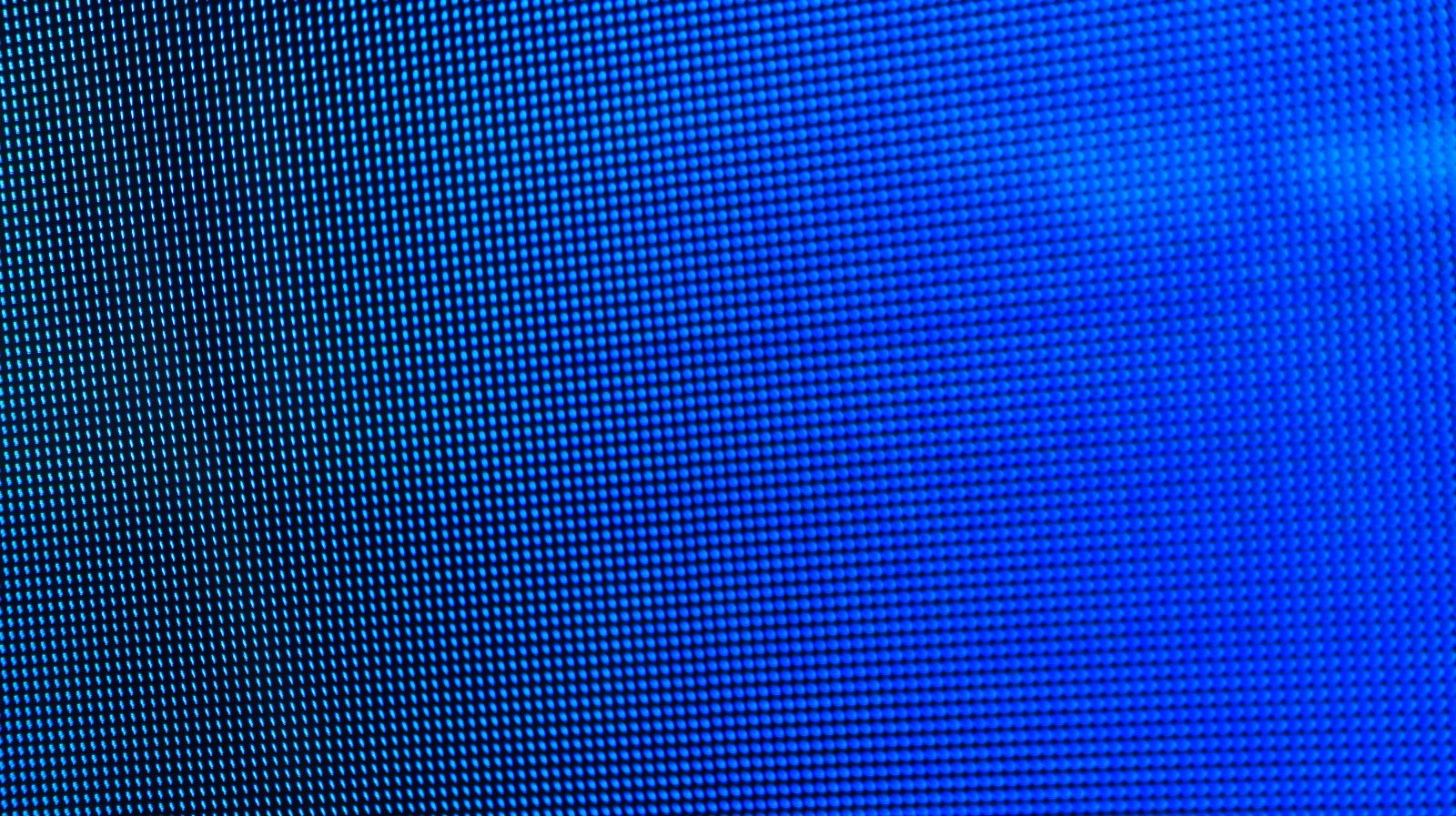
New research suggests the blue light from your devices could be messing with your brain’s ability to evaluate risk. That’s potentially bad news for anyone trying to make smart gambling decisions.
A study published in Scientific Reports found that people exposed to blue-enriched light became significantly less “loss averse” — meaning they were more willing to make risky bets compared to when they were under warmer, blue-depleted light.
“We investigated the influence of circadian photoreception on loss aversion in gambling by altering the blue content of light while maintaining the same visual brightness,” the researchers wrote.
Translation: Blue light might be rewiring your brain to care less about losing money.
The research team from Monash University in Melbourne, Australia tested 15 young, healthy adults aged 18-27 on an economic decision-making task under two different lighting conditions. Both lighting setups had the same visual brightness — about what you’d find in a typical office — but one was blue-enriched (like your phone screen) and the other was blue-depleted (warmer, like old incandescent bulbs).
Participants had to choose between taking risky gambles with potential wins and losses, or safer guaranteed outcomes. The researchers used computational modeling to calculate each person’s “loss aversion” — basically, how much someone hates losing compared to how much they love winning.
“Individuals were significantly less loss averse under blue-enriched light compared to blue-depleted light,” according to the study.
To put that in perspective, the researchers found that under blue-depleted light, women had a loss aversion parameter of 2.01, while under blue-enriched light it dropped to 1.51. As the study explains it: “Therefore, under blue-depleted light, women participants required a potential win of $204 to risk losing $100. When exposed to blue-enriched light, it decreased by 0.43. Therefore, women required a lower potential win of $151 to risk losing $100 under these conditions.”
Your brain on blue light
So why might blue light make us worse at evaluating losses?
The researchers point to specialized cells in our eyes called intrinsically photosensitive retinal ganglion cells (ipRGCs). These cells “respond preferentially to short wavelength ‘blue’ light” and connect to brain regions involved in decision-making and emotion regulation.
The researchers theorize that blue light might suppress activity in the amygdala, the brain region that processes fear and evaluates the downsides of risky decisions. As they note, previous work has found that “damage to the amygdala reduces loss aversion.” Since “bright light suppresses amygdala activity,” the researches wrote, they suggest that “exposure to blue-enriched light may reduce negative emotions and the ability to evaluate subjective appeals, resulting in individuals being less averse to potential losses.”
There’s also the habenula, a brain region that usually acts like an internal warning system for bad outcomes. The study suggests blue light might dial down this natural risk-detection system, making losses feel less painful than they should.
The gamble: Blue light everywhere
Here’s where this gets concerning for anyone who gambles: Nearly everything we use for gambling today emits blue-enriched light.
“Virtually all machines used for gambling, including slot machines, now employ LED/LCD displays which are known for their high light intensity and blue-enriched light content,” the researchers wrote. “Furthermore, with the prevalence of online gambling increasing, individuals are turning to devices that are likely to emit blue-enriched light (e.g., smartphones and tablets).”
The study also found significant gender differences, with men showing lower loss aversion overall compared to women across both lighting conditions. This aligns with existing research showing men are generally more susceptible to gambling problems.
Before you start wearing blue-light blocking glasses to the casino, it’s worth noting this study was small — just 15 people. The researchers acknowledge that “given the small sample size and sex imbalance, additional studies of light condition and loss aversion are needed” and that this limitation might have masked other important interactions.
Still, the findings are concerning enough that the researchers suggest “targeting the reduction of ‘blue’ light content in gambling scenarios may be a promising target for reducing gambling behaviour.”
The post Study: Your Phone’s Blue Light Could Be Rewiring Your Brain For Risky Bets appeared first on Casino Reports.

 4 months ago
41
4 months ago
41




